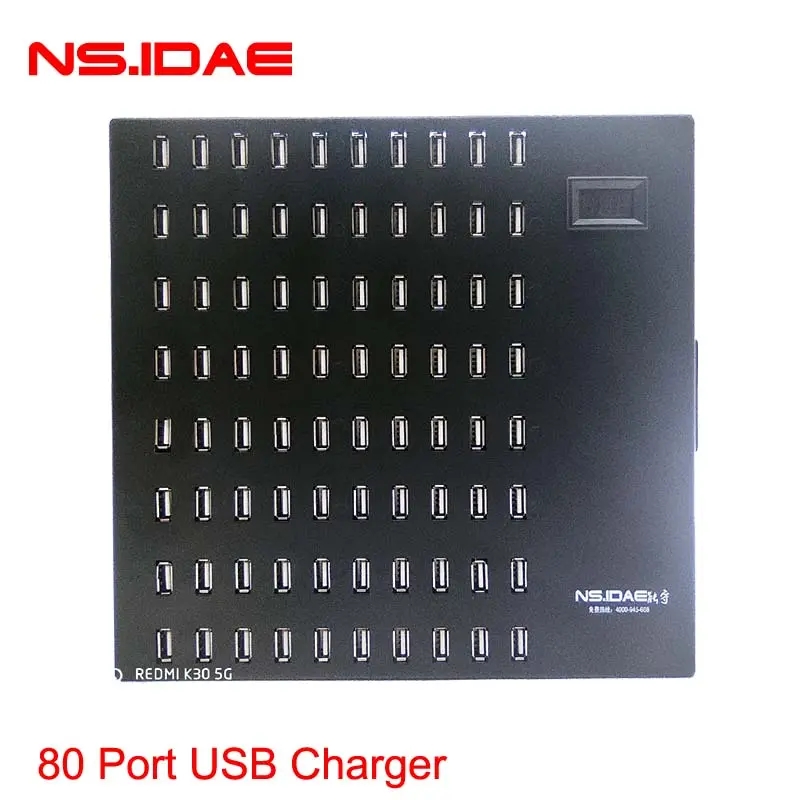Capital robs smart car entrance: Who is investing in new forces to build cars?
In late 2017, the automotive industry witnessed a surge of new players entering the market. Alongside the rapid emergence of new vehicle manufacturers and production models, capital markets became increasingly competitive, with investors vying for a foothold in the smart car revolution.
On December 5th, Baidu Capital led a new round of funding for Weimar Automobile, bringing its total equity and debt financing to over RMB 12 billion. Just a day earlier, on December 4th, Sequoia Capital China Fund signed an investment framework agreement with Zero Motors, securing the Pre-A round and becoming the sole external investor apart from original shareholders.
A month prior, on November 8th, NIO (Weilai) closed a $1 billion D-round financing led by Tencent, pushing its total equity financing past 10 billion yuan. It was also reported that Alibaba would lead Xiaopeng’s B-round financing next year.
Jinshajiang United Capital Partner Pan Xiaofeng noted during an interview with the 21st Century Business Herald on December 11th: “The opportunities for upgrading the auto, travel, and transportation industries in the AI and internet era are huge. This is a critical entry point that must be captured by major investors like BAT and Sequoia.â€
Zhang Jianxing, managing director at CDH, added, “It’s not surprising that so many investors have entered the sector. With the industry still in its early stages, this rush can help it mature faster. The new energy vehicle market currently holds less than 2% of the overall market, and there's still a lot of room for growth.â€
Zhang Junyi, partner at Weilai Capital, explained that the rise of consumer upgrades, IT advancements, and AI integration all contribute to the growing interest in new car companies. “The automotive industry is being transformed by e-commerce, tech innovation, and the shift toward intelligent systems,†he said.
For new carmakers, strategic partnerships with big tech firms like BAT offer more than just funding. They provide access to platforms, data, and ecosystems. As Zhang Junyi noted, “In the long run, car companies won’t just make money from selling cars—they’ll rely on services and user engagement. That’s why choosing the right partners is crucial.â€
However, while collaboration exists, competition is also intense. Both new energy startups and tech giants are pushing each other to define the future of autonomous driving and connected vehicles. “There’s cooperation, but also clear boundaries,†Zhang said. “Relying entirely on others’ systems isn’t sustainable for strong car companies.â€
Sequoia Capital has been proactive in its investments. On December 4th, it signed a deal with Zero Motors, leading the Pre-A round and becoming the sole external investor. This wasn’t their first foray into the sector—back in September 2015, they had participated in NIO’s $500 million round alongside Pleasant Capital.
At the Wuzhen Internet Conference, Sequoia’s CEO Shen Nanpeng emphasized the vision of the future automobile as an “intelligent terminal†integrating new energy, communication, and AI. He also highlighted Sequoia’s comprehensive layout across the automotive supply chain, from power systems to after-sales services.
Despite the fast-paced development, new car companies don’t seem to face severe financial pressure. Sequoia’s quick decision-making process—completing due diligence and signing an agreement within two months—showcases their aggressive strategy to secure a position in the industry.
Zhu Jiangming, founder of Zero Motors, noted that the main goal of the partnership wasn’t just funding, but also accessing Sequoia’s broader network of resources. “We wanted to bring in external support to help us grow,†he said.
Beyond Sequoia, other investors have different strategies. While some focus on traditional automakers, others target national brands or niche segments. For example, one unnamed investor expressed more confidence in established players like BAIC New Energy, citing their manufacturing scale and cost efficiency.
Meanwhile, BAT investors take different approaches. Baidu focuses on AI and open systems, while Alibaba sees cars as a key platform for its cloud ecosystem. Tencent, though cautious, is known for its strong execution once a project is selected.
Li Bin, chairman of NIO, categorized BAT’s investments into four types: true empowerment, occupancy, business synergy, and “cannon fodder.†He praised decentralized investment models that preserve independence and warned against overly controlling strategies.
Government support is also playing a significant role. Local governments are investing in new energy projects, offering land, credit, and infrastructure to attract new carmakers. For instance, Shangrao City signed a 13.3 billion yuan deal with Aiqi Yiwei to build a large-scale electric vehicle plant.
As the industry evolves, the collaboration between tech giants, venture capital, and local governments continues to shape the future of mobility. With the potential for growth, innovation, and economic impact, the automotive sector remains a hotbed of activity and opportunity.
80 Port USb Charging
This 80 -port USB charger: This 80 port USB charging station can quickly synchronize 80 devices to charge. This USB charging station multi -terminal charger can meet the needs of multiple people. Safe multi -end mouth charger center: This high -power fast charger has a solid aluminum metal frame to make the product long -term durable, built -in intelligent multiple security protection, can be used for over current, overvoltage, short circuit, etc. Hospital, ETC, etc.

80 Port Usb Charger,80 Port Mobile Charger,Multiple Usb Charging Station,Multi Port USB Charger
shenzhen ns-idae technology co.,ltd , https://www.best-charger.com
